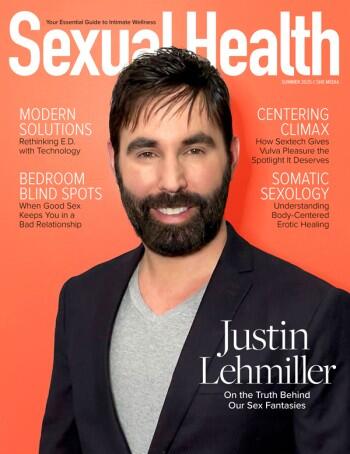LOS ANGELES — Sex-ed platform Beducated is spotlighting the “orgasm gap” between men and women in a new article.
Titled “Orgasm Gap: Men Are Doing It Wrong. Women Don’t Know How to Tell Them,” the magazine feature highlights Beducated's recent customer survey, which indicated that while there is a marked disparity between how frequently men and women orgasm during partnered sex, no such disparity applies to masturbation.
“This sheds light on why, after 60 years of research, the orgasm gap still persists,” a rep noted.
Beducated sexpert Julia Svirid weighed in, noting, “Women know what they need to climax. That might be exactly what we’re getting wrong with the orgasm gap; calling it a ‘gap’ is like saying there is a lack of orgasms. But the orgasms are there.”
The survey results reveal that men are almost twice as likely to orgasm regularly during straight sex as women (85% vs. 46%), but when it comes to masturbation, the orgasm gap disappears (86% of men vs. 88% of women). Women also admit to faking orgasms more often than men (58% vs. 23%). Their reasons for faking it range from a fear of “hurting my partner’s feelings” (23%) to “I’m tired and want to end sex” (14%) and “I feel pressured to orgasm every time because of society’s and/or my partner’s expectations" (13%).
Lack of Communication
“The common theme here is lack of communication,” explains Svirid. “Sexual communication skills come with pleasure-based sex education, which most of us don’t have access to.”
Survey respondents backed this contention, with 62% saying they learned about avoiding unwanted pregnancies and 58% saying they learned about how to avoid STIs, while only 3% of respondents stated that their sex-ed curriculum touched on sexual pleasure.
Beducated CEO Mariah Freya added, “Pleasure empowers us to explore our likes, dislikes and boundaries so we can communicate those with our partners with confidence. Our sex life is dynamic; it goes through different stages as our environment, relationship to ourselves and others, and physical health change throughout our lives. I call this a sexual lifecycle. That’s why sex education should be treated as a lifelong learning process, not a one-off class we take as teenagers.”
For more information, visit Beducated.com.








